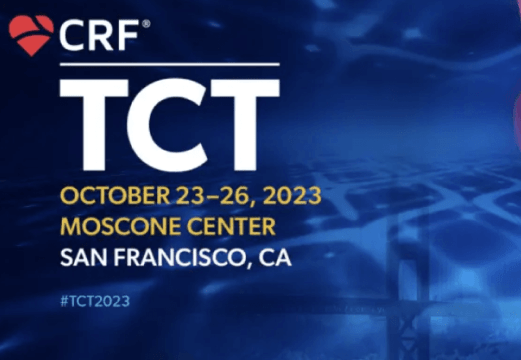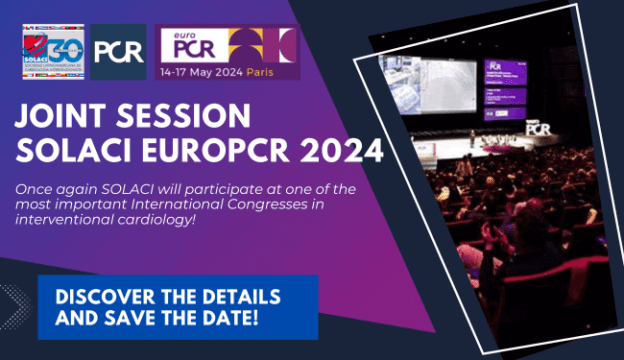The EXPAND G4 is a prospective multicenter single arm study on real life patients.

It included a total 1,164 patients with primary (PMR) and secondary (SMR) mitral valve regurgitation treated with MitraClip G4. Research was carried out at multiple locations across US, Europe, the Middle East and Japan.
Key outcomes assessed aspects such as all-cause mortality, cardiac failure related hospitalization, major adverse events and symptomatic impact measured through residual MR severity, functional capacity and quality of life. 87% of the cohort was successfully followed up for one year, that is, a total 792 patients.
When looking at MR severity, it was seen the whopping 92.6% of patients saw a reduction to ≤1+ (mild), while 98.5% achieved ≤2+ (moderate). This reduction in MR severity resulted sustainable and significate, regardless of etiology, for 87.2% of patients with PMR and 94.5% of patients with SMR (with baseline MR ≥3+), reducing severity to MR ≤1+ after 12 months.
Comparing this reduction in MR severity with prior cohorts of patients treated with MitraClip from other studies, such as the Everest II HRR (39%), COAPT (67%) and EXPAND (93%), we can infer that G4 has had an even more significate impact.
Read also: TCT 2023 | ALIGN AR trial.
As regards symptoms, we observed 82.1% of patients saw a reduction in NYHA functional class to I/II levels and improved their quality of life scores (+18.5 points). Also, when looking at all-cause mortality (12.3%), we observed differences between patients with primary MR (8.4%) and secondary MR (14.2%).
These data show the safety and efficacy of the G4 in edge-to-edge treatment, with significant reduction of MR severity and lower rates of mortality in a real life cohort.

Dr. Omar Tupayachi.
Member of the Editorial Board of SOLACI.org.
Presented by Ralph Stephan Von Bardeleben a part of the Late-Breaking Clinical Trials at TCT 2023, San Francisco, October 24, 2023.
Subscribe to our weekly newsletter
Get the latest scientific articles on interventional cardiology





